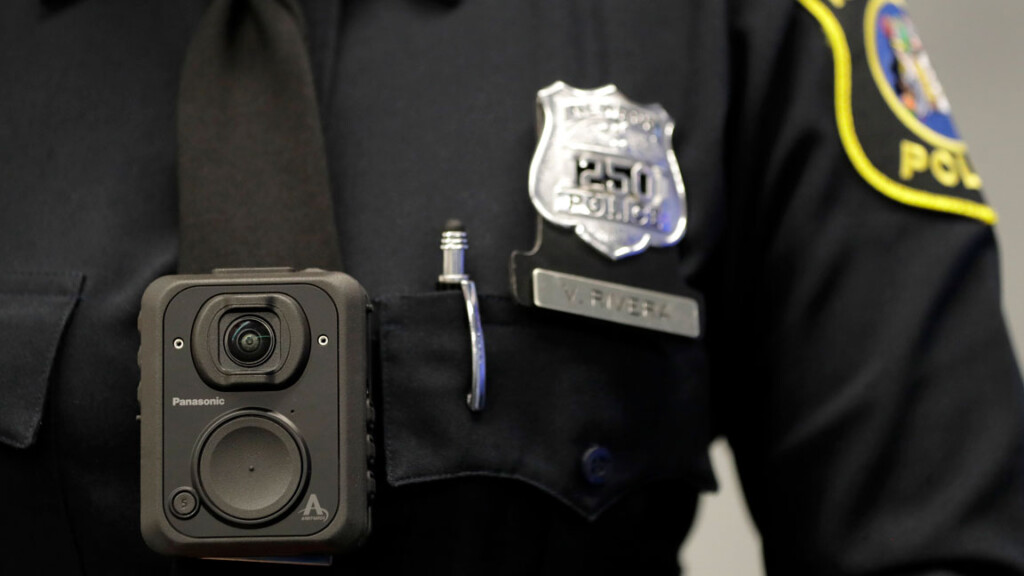Ohio Governor Mike DeWine has signed into law a controversial provision allowing law enforcement agencies to charge the public for access to body camera and other police video footage.
Critics argue the new law could impose financial barriers to obtaining public records, raising concerns about transparency and accountability.
The provision, included in the 450-page omnibus House Bill 315, permits law enforcement agencies to charge up to $75 per hour for the time spent processing video requests, with a maximum fee of $750 per request. This includes costs related to video redaction, compiling footage, and ensuring compliance with privacy laws.
The law applies not only to police body and dashcam footage but also to surveillance videos from jails.
Opponents of the law argue it will make it more difficult for journalists, researchers, and citizens to access critical video evidence, such as footage of police shootings or incidents of alleged misconduct.
Governor DeWine acknowledged these concerns but defended the law as a necessary compromise. He pointed out the burden that small police departments face in fulfilling extensive public records requests.
“These requests certainly should be honored, and we want them to be honored. We want them to be honored in a swift way that’s very, very important,” DeWine responded to News 5 Cleveland reporter Morgan Trau. “We also, though — if you have, for example, a small police department — very small police department — and they get a request like that, that could take one person a significant period of time.”
The implications of the law are particularly concerning for cases like the 2022 police shooting of Jayland Walker in Akron. Journalists and advocacy groups relied heavily on body cam footage to investigate the incident, which involved eight officers shooting Walker nearly 50 times.
Critics argue that imposing fees could limit public access to similar cases in the future, potentially hindering justice and accountability.



